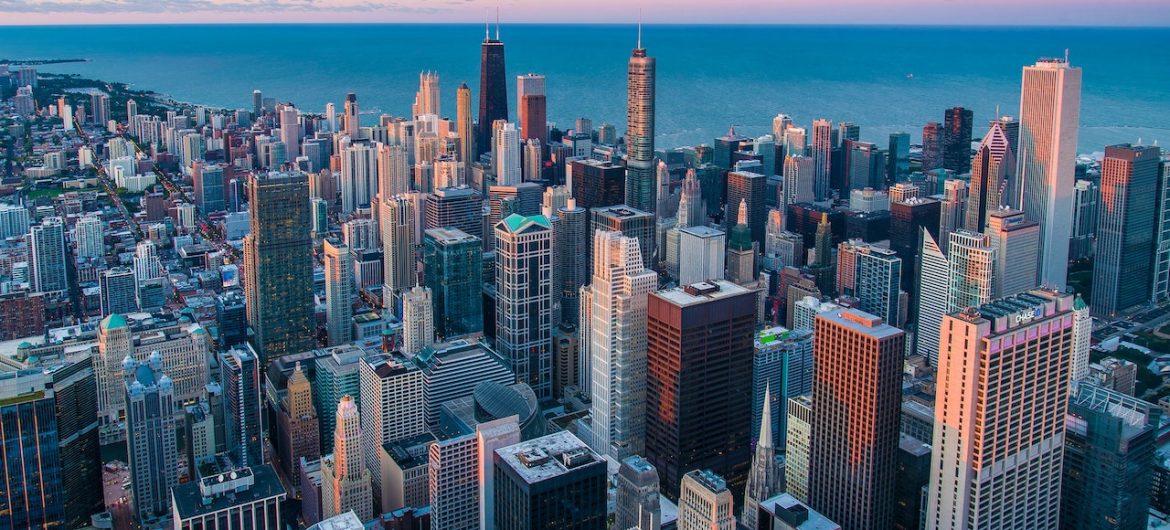Chicago wants to step in to curb the use of rentals as ‘party houses’ with more restrictions on short term rental properties.
A new proposed city ordinance would ban single-night rentals on Airbnb and other home-sharing platforms, and hosts could be fined up to $10,000 for throwing parties as part of a wider crackdown on the city’s short term rental industry.
Sponsored by Mayor Lori Lightfoot and Ald. Brian Hopkins, the ordinance is aimed at increasing transparency, enforcement authority, and regulatory change to the city’s short term rental rules. City officials see current rules as easily shirked, with units being available to rent before approved by the city.
The new ordinance would prevent hosts from listing units while applications are still pending. Each host will be assigned a registration number to improve the city’s ability to track and enforce regulations for its hosts.
On top of already mentioned regulations, the proposed ordinance includes the following:
- A fine between $5,000 and $10,000 for hosts who are found to be using their space for “egregious conditions” like drug trafficking, prostitution, “gang-related activity” or “using or allowing the use of a shared housing unit for a party.”
- A tiered license fee for home-sharing intermediary platforms, stepping down the existing $10,000 registration fee to $7,500 for platforms that list between 500 and 999 units and $5,000 for those that list fewer than 500 units. It also hikes recurring annual license fees from $60 to $125 per unit.
- Prohibiting more than two people from staying in any single guest room, excluding children under 18.
- Adding a definition of “excessive loud noise,” describing it in part as “any sound that caused vibration…that is felt or experienced on or in any neighboring property” between 8 p.m. and 8 a.m.
- Allowing city licensing officials to call in hosts for a “hearing” to consider suspending or revoking their license after they commit two violations over a 12-month period, instead of three violations, as is written in the existing ordinance.
Overall, the proposed ordinance gives the city much more teeth in terms of how it handles its relationship with short term rentals — and some see it as having too much power.
Critics See Ordinance as an Overreach
The ban on single-night rentals is part of a set of restrictions designed to curb the spread of Covid-19 — but the new ordinance would make the ban permanent. Without a health-related justification, some see the ban as unnecessary and costly.
According to Airbnb spokesman Samuel Randall, the ban is a “blunt instrument that blocks legitimate reservations, such as business travel, to Chicago, hurting the eventual return of the tourism economy, tax revenue and income for responsible Airbnb hosts.”
The proposed regulations could also have an impact on activism within the city, as many activists and protestors visit for short periods of time while exercising their first-amendment rights. Some critics see the city’s proposed actions as a move to reduce the impact of activists within the city.
Others see the city using the ‘party house’ as a cover for stricter regulations of short term rentals. Jacob Huebert of the Goldwater Institute wrote in the Chicago Sun-Times:
Chicago already has a general noise ordinance and an even stricter noise rule for short-term rentals. The city also has laws restricting parking, littering and every other type of nuisance a party might create. So if short-term rentals are being used for disruptive parties, the city can simply enforce its existing rules against the offenders. And if a particular house has a recurring problem, the city can revoke the owner’s permission to have short-term rentals there.
The City Council is expected to vote on the ordinance in September.
The city’s ruling will be closely watched, as a city of Chicago’s size acts as a model for cities across the country. Many cities are grappling with issues related to short term rental properties, so the effects of Chicago’s decision could be felt afar.





